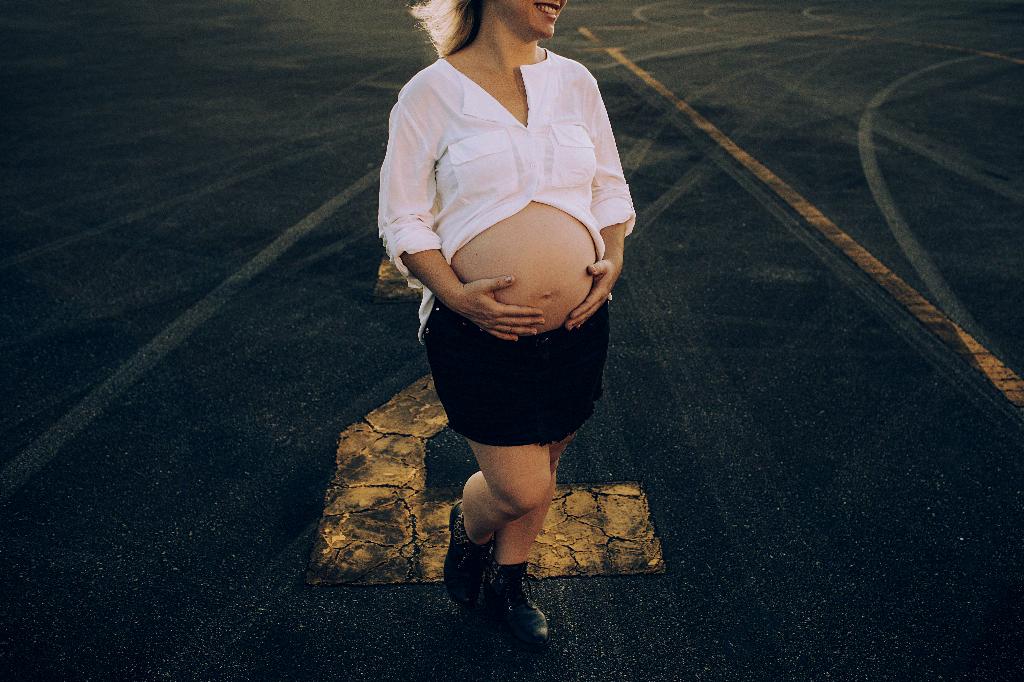When it comes to early pregnancy, many women experience a range of symptoms that can be quite different from one another. One common experience that some women report is having cramps resembling period pains. These cramps can be concerning, but rest assured, they are often completely normal and not a cause for alarm.
The primary reason behind period-like cramps in early pregnancy is the hormonal changes that your body undergoes to support the growing fetus. These hormonal shifts can lead to mild cramping as your uterus adjusts and expands to accommodate the developing baby.
It is essential to remember that every pregnancy is unique, and the intensity of cramps can vary from woman to woman. While some may experience mild discomfort, others might feel more pronounced cramping sensations. In most cases, these cramps are nothing to worry about and are considered a natural part of the early stages of pregnancy.
However, despite the common occurrence of period-like pains in early pregnancy, it is crucial to stay vigilant and pay attention to any additional symptoms that may accompany the cramping. Severe or persistent abdominal pain, especially if it is localized on one side, could be a sign of a more serious issue, such as an ectopic pregnancy.
If you experience intense cramping, spotting, dizziness, or fainting spells, it is vital to seek immediate medical attention to rule out any potential complications. While it is normal to have some level of discomfort in early pregnancy, your overall well-being and the health of your baby should always be the top priority.
Aside from hormonal changes and the physical adjustments happening in your body, stress and anxiety can also contribute to experiencing heightened levels of cramping during early pregnancy. Stress management techniques, such as relaxation exercises and mindfulness practices, can help alleviate some of the discomfort.
Remember that open communication with your healthcare provider is key throughout your pregnancy journey. If you have any concerns or questions about the cramping you are experiencing, do not hesitate to reach out to your doctor or midwife for guidance and reassurance.
To ease period-like cramps in early pregnancy, staying hydrated, getting enough rest, and engaging in gentle physical activities like walking or prenatal yoga can be beneficial. Listening to your body and taking the time to rest when needed can also help alleviate some of the discomfort you may be feeling.
As your pregnancy progresses, the intensity and frequency of cramping may change, and new symptoms may arise. Each trimester brings its own set of challenges and joys, so staying informed and connected with your healthcare team is essential for a smooth and healthy pregnancy journey.
In conclusion, experiencing period-like pain in the early stages of pregnancy is a common occurrence for many women and is often a result of hormonal changes and the physical adjustments taking place in the body. While mild cramping is generally nothing to worry about, it is essential to stay vigilant for any warning signs that may indicate a more serious issue.
By staying informed, practicing self-care, and seeking medical advice when needed, you can navigate the ups and downs of early pregnancy with confidence and peace of mind. Remember, you are not alone on this journey, and your healthcare provider is there to support you every step of the way.

